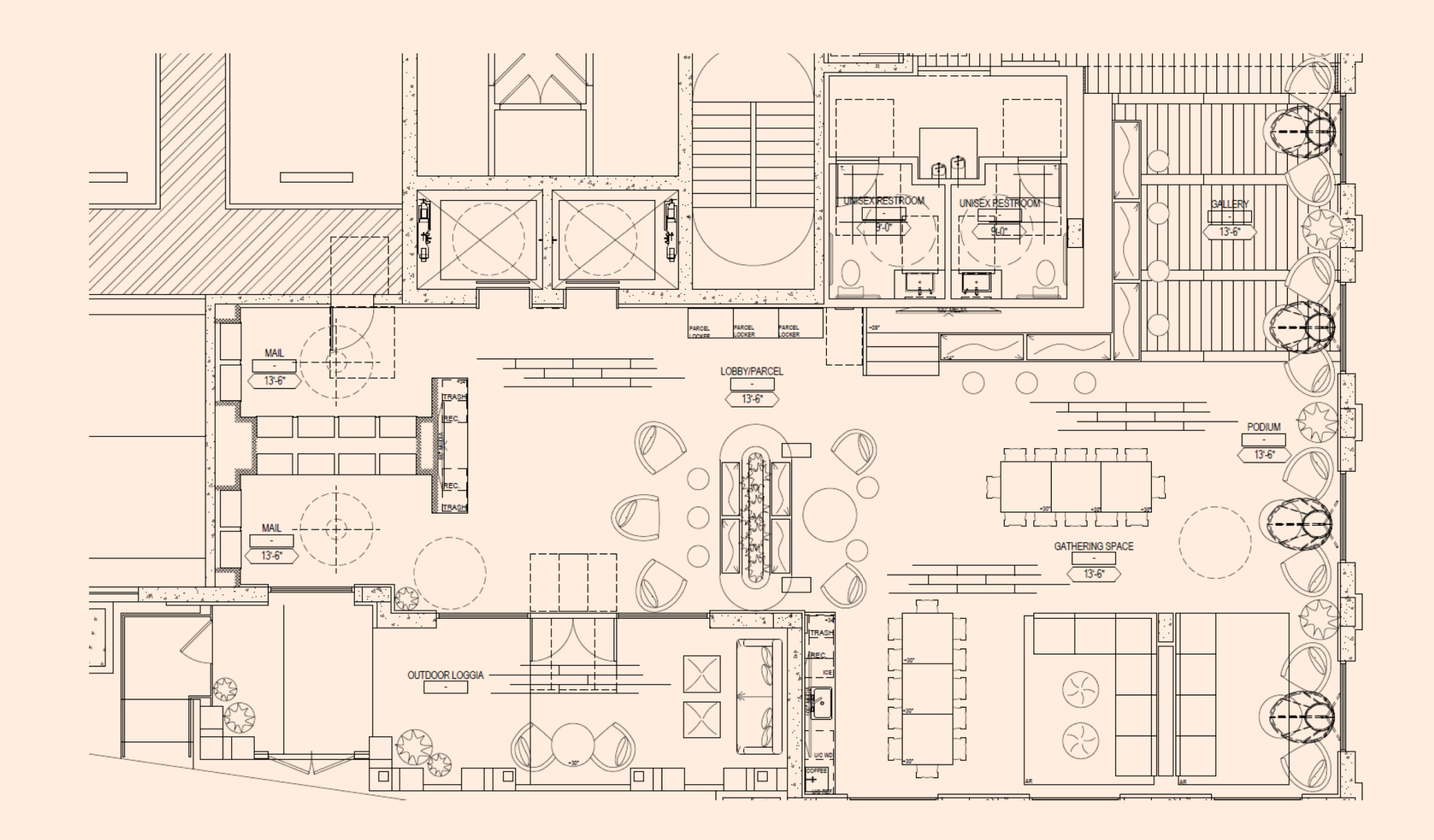Laura’s Story
Laura and many other adults with intellectual and developmental disabilities (I/DD) in the Denver Greater Metro area wonder how they will find and stay in housing that supports their access needs and vital support services. Laura has I/DD and is blind. The Colorado Center for the Blind didn’t have any resources to help her find housing but finally, through friends who gave her advice on how to get on a waiting list, she was offered an apartment she could afford. However, the apartment wouldn’t let her bring her retired service dog with her, and so she couldn’t move in. Eventually she found the place where she lives now and is grateful for a home she can afford.
Laura still faces numerous barriers. Her building doesn’t have parking and so she struggles to find service providers because if they drive (and most do), then they have trouble parking when they come to support her. When one of the two elevators in the building is broken, which is often, it makes Laura feel stuck in her apartment. How bad is it? Laura is now considering moving to a group home just to alleviate some of these problems. Living in a congregate setting, even a small one, would result in a loss of her self-determination, as well as her own home and space. If Denver had housing where resident accessibility was a primary concern, Laura could stay in her own home and stay connected as our neighbor, co-worker and community member.
Laura’s story demonstrates just some of the many hurdles people with I/DD face in getting and staying in housing that supports and serves them. The Denver Human Services Intellectual and Developmental Disabilities Equitable Access to Services (IDDEAS) program within the City and County of Denver, manages local taxpayer dollars dedicated to funding services and supports for Denver residents with intellectual and developmental disabilities. Through a formalized competitive process, IDDEAS commissioned The Kelsey, a national non-profit organization advancing renting and creating housing for people with I/DD. IDDEAS funded this assessment as a direct response to a recommendation made by their public advisory council, which has identified housing as a top priority for available funds. The Kelsey collected data, stories and knowledge from a range of stakeholders to understand the variety of barriers that exist for Denverites with I/DD looking to find and remain in housing that serves them. The Kelsey then analyzed these data and used them to create a set of actionable recommendations to make housing more accessible to Denver residents with I/DD.
